News

Focus on Lexo, an EIP musical creation project that has become an ambitious start-up.
One year after finishing joint 3rd in the Epitech Experience 2022, Lexo is on a roll. Over the last few months, this ambitious student project has gradually evolved into a start-up that could well become a key player in the field of music creation...

They were at the heart of the Expitech Experience just over a year ago . The Lexo project started out as an ecosystem enabling beginners and amateurs alike tocreate music on the computer in an intuitive, innovative and, above all, participative way.
Another way of designing music and sharing it with the world in open source is the goal of Lexo's six members, Paul Basbous, Matthieu Moinvaziri, Cédric Lucchese, Mark Alexander, Dorian Gonzalez and Paul Crézé, whotied for 3rd place at the Epitech Experience in January 2022. But what has happened to them since?
What is the Lexo project?
Lexo is an ecosystem thatenables beginners and amateurs alike to create music on the computer with software that is resolutely intuitive at every level. It's an idea born of a simple observation, as Lexo CEO Paul Basbous explains.
"The major problem we've identified with GarageBand, for example, is that music creation isn't really that instinctive. There are a number of difficulties involved in creating music using computers, or computer-aided music (CAM) software as it's known. These include the knowledge required to create a piece of music, then everything to do with composition, i.e. the ability to create musical scores that can be attributed to virtual instruments, and finally audio mixing, i.e. balancing and giving harmony to a piece of music. As in an orchestra, this means placing instruments further to the left, further back, further down, to avoid having 15 instruments all with the same intensity, which would make listening difficult."
In addition to music creation, Lexo also aims to be a reference web platform for sharing musical content:
"Anyone who wants to can share everything they create on the software on this web platform, so that we can then resynchronize it directly, like on a kind of Drive.So the aim of this platform is to replace the knowledge we don't have in music, and to be able to create it even if we don't know how to compose, for example. "
2022, a pivotal year for Lexo
Following their success at the Epitech Experience, Lexo members havejoined the WAI (We Are Innovation) incubator supported by BNP Paribas until the end of 2022. This partnership will even extend into the first quarter of 2023. Their first challenge was to rework large parts of their project from a technical point of view, while making progress on other issues in parallel, notably marketing.
" The first few months were a mix of software and platform design.There was also a period of framework creation. We have several people who master several subjects, and an expert in each field, so we were able to make parallel progress on all these subjects. (...) We also did a lot of marketing work with the incubator's expert, whom we were lucky enough to have for the duration of our support. This involved a global redefinition of the company's vision, objectives and strategy, so that we could then start imagining content, especially on Instagram and TikTok, purely geared towards user acquisition. "
What's next?
After a year spent at the BNP Paribas incubator, 2023 promises to be a challenging time for Lexo's acolytes.
" We're very close to the alpha, the first version without the UI details, but with the basic principle of this whole new philosophy we've conceptualized.e, which will work and which we'll be able to get people to try out and improve as quickly as possible, so that in the following months, this alpha will become a closed beta with all those who have registered on our site. "
"Following that we'll make our official launch initially free, once the feedback from the closed beta is all validated and implemented.Then we hope at the start of the 2023 school year to start billing and charging users for access to Lexo. "
And where does Epitech fit in?
"Epitech gave us technical expertise and the philosophy of learning to learn, so of course that's what enabled us to be autonomous and to challenge the project on a technical level. A way of always questioning what we're doing, making sure we respect the results and the philosophy of the project, and Epitech taught us to work in a sometimes very intensive way by always questioning what we're doing. "
Follow Lexo on social networks!

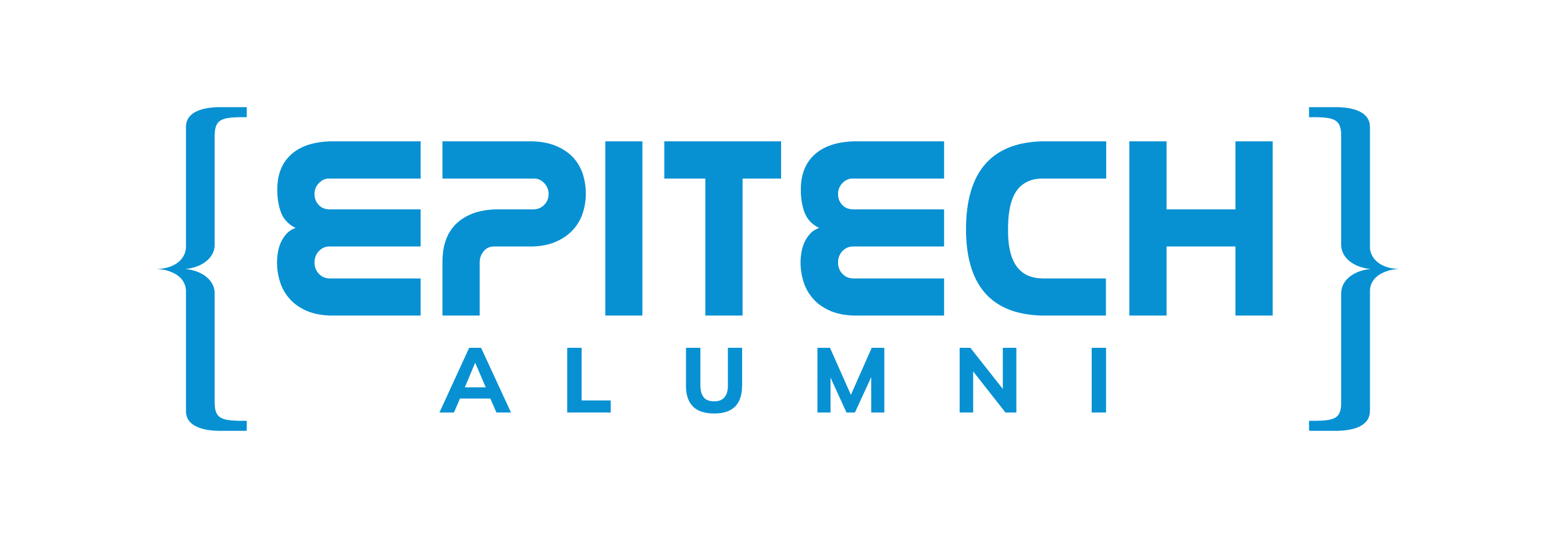

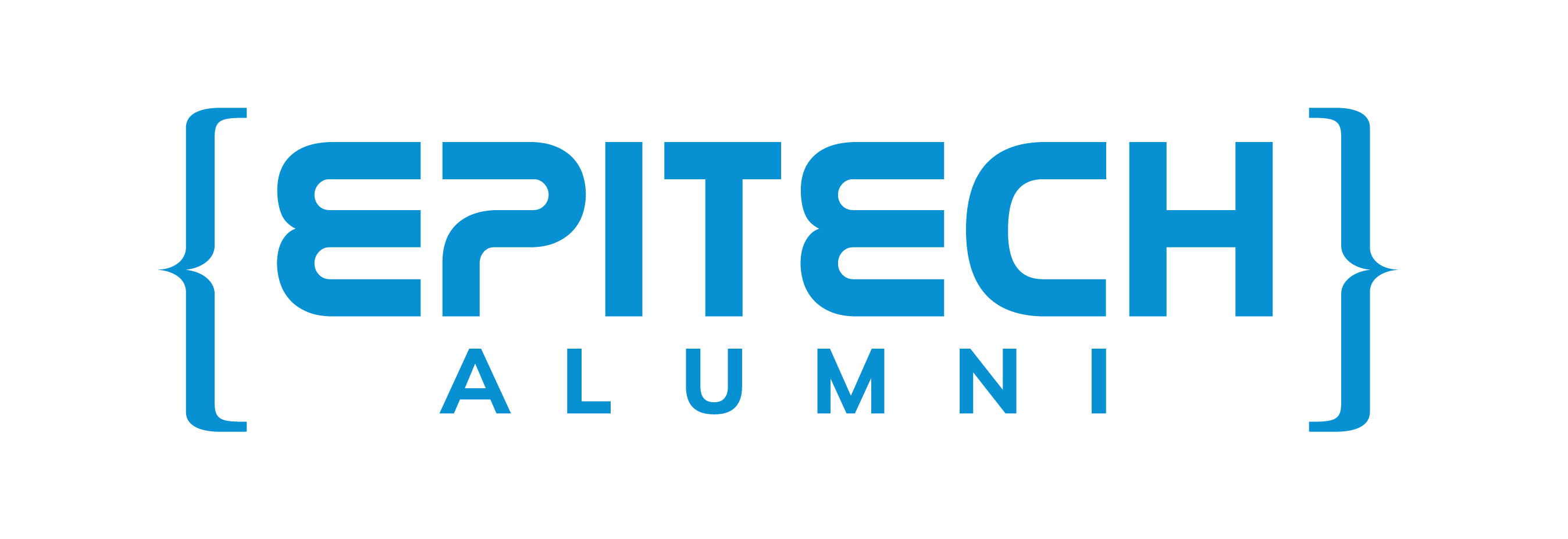






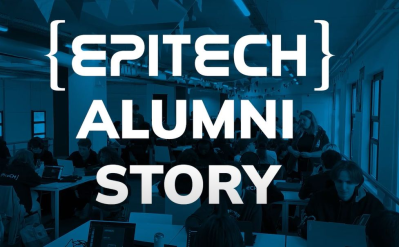
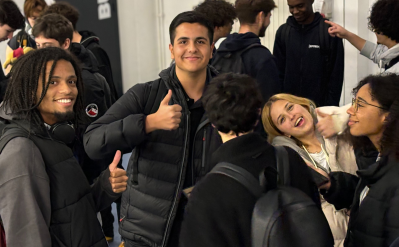
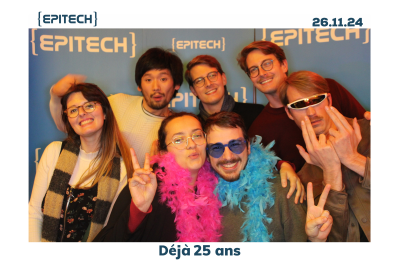


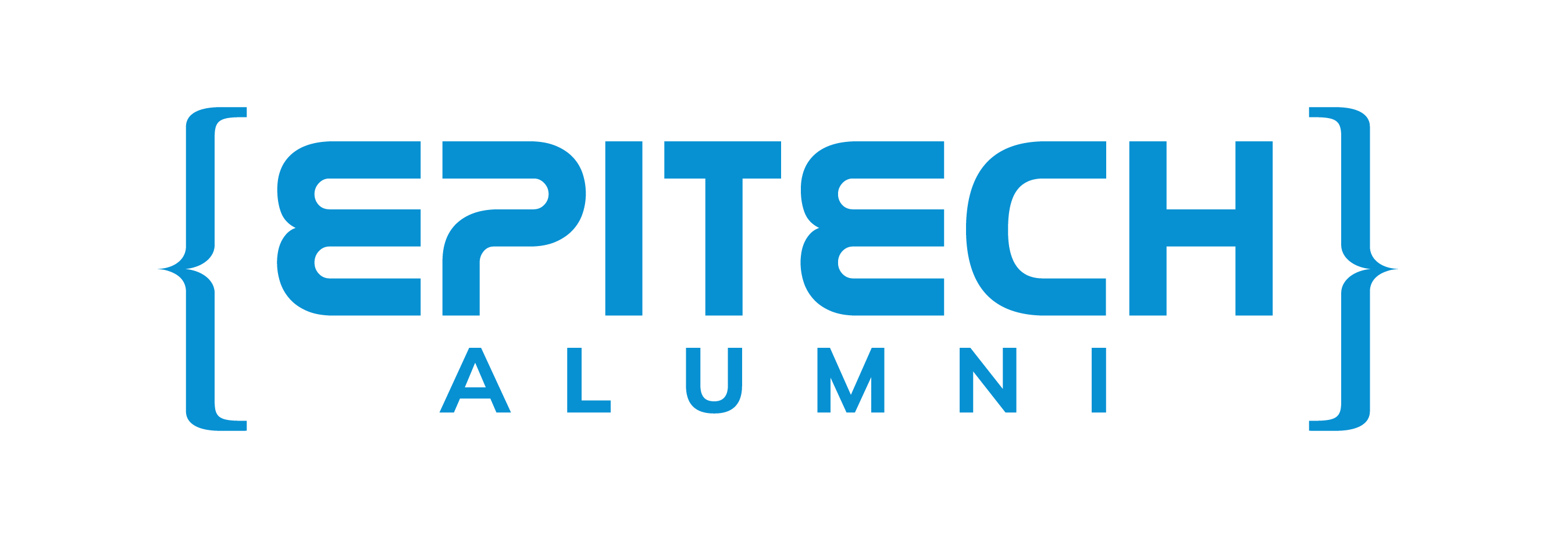
No comment
Log in to post comment. Log in.